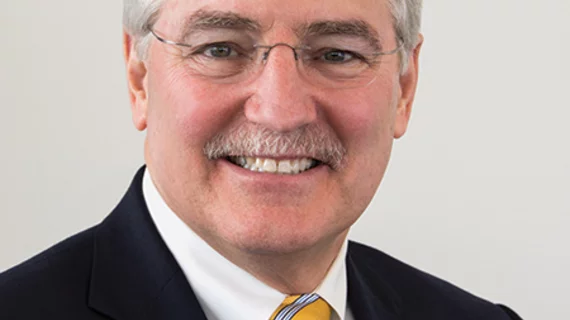ACR voices ‘significant concerns’ about physician fee schedule
The American College of Radiology has “significant concerns” about the federal government’s proposed physician payment schedule for 2020 and is worried it could have a “devastating impact” on medical imaging.
CEO William Thorwarth Jr., MD, spelled out some of those anxieties in a letter to CMS last week. He takes umbrage with proposed changes to Evaluation and Management (E/M) services, aimed at reducing administrative burdens and improving payment rates.
Based on an analysis commissioned by the college, such office-based E/M services account for about 25% of all spending in the Medicare Physician Fee Schedule. Increasing the valuation of those services, as proposed by CMS, would spell a $5 billion reimbursement increase in one year. But ACR is concerned because budget-neutral mandates mean that increase would have to be offset somewhere else. That would likely end up hitting radiologists and other specialists who do not frequently bill E/M codes, Thorwarth noted.
“The ACR is deeply concerned about the sizable cuts this update will impose upon radiology and other medical specialties who do not frequently bill E/M codes,” he wrote. “This will have a devastating impact to the medical community and ultimately negative impact on the patients.”
If CMS implements these changes, the college estimates, the result would be an 8% reduction in payment to diagnostic radiologists, 6% to interventional radiology, 5% to nuclear medicine and 4% to radiation oncology and therapy centers.
Thorwarth asked the agency to make available the physician fee schedule’s impacts at the Current Procedural Terminology level “as soon as possible.”
If CMS does finalize the proposed changes, ACR is asking the feds to work with the college on ways to maintain payment rates for radiology services and implement positive updates to the conversion factor to help offset such losses.
For a summary of the 66-page letter, click here.

